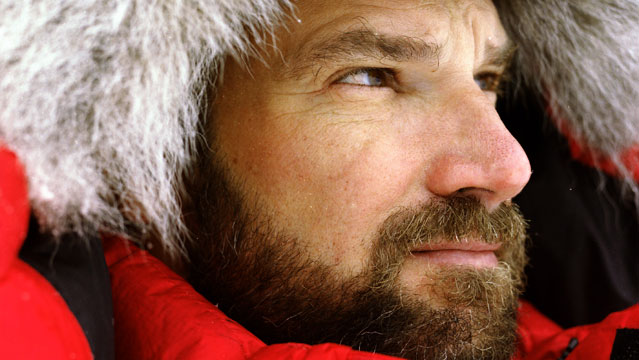Krakauer, Jon. Missoula: Rape and the Justice System in a College Town, Random House, New York, 2015 (367pp.$28.95)
Missoula is a college town in the beautiful southwestern part of Montana where you can fish for brown trout off a bridge on busy 5th Street. The center of the city is a grid of bars and shops where young men and women students go almost every night to drink and party. The University of Montana is known for many things, but to hear tell it on talk radio it is mostly known for its football team, the Grizzlies, who are almost always champions of the Big Sky Football Conference. “Griz” athletes are revered and the team worshiped, and every Saturday in fall belongs to the sport of football. A lot of prominent Montanans, mostly men, hold positions of power in the state. They wield political power in the state legislature; they police the streets, they prosecute the crimes, and they judge the accused. And while Missoula may be a comparative “liberal” enclave inside a state known for its ranching and mining bias, and while Missoula might be beloved of Norman McLean, Richard Ford, and William Kittredge, local literary lights (not to mention former Wichita resident James Lee Burke), and while the University conducts sterling programs in biology and ecology, the King of Montana is football. UM is the Griz Nation. Missoula is Grizzlyville.
Jon Krakauer, the esteemed author of such best-selling classic works of non-fiction as Eiger Dreams, Into Thin Air, and Under the Banner of Heaven, went to Missoula to investigate a series of rapes and other “campus” violence that took place during the years 2010-2012. The victims of the sexual assaults were female college students and the most frequent alleged assailants were male students, most often acquaintances, friends or dates, and many were football players, some of them “starters” or “stars”. Where possible, Krakauer spoke to the victims and their families, interviewed lawyers, prosecutors, city police officers, sheriff’s deputies and University officials. He reviewed trial transcripts, court filings, studied newspaper articles, and read scientific papers and government reports, including Department of Justice official findings.
The overall picture that emerges from “Missoula” is that university towns, their police departments, county prosecutors and athletic departments are deeply troubled places, their bias in favor of football and against justice producing an epidemic of unhappy failures in the system, a system in which female victims are treated callously by both police and prosecuting lawyers, or with disdain by fans; where athletes are pampered, or worse, “covered”, and where Title IX is barely enforced. Krakauer’s book does feature student representatives and the occasional cops who are dedicated to protecting victims of rape. It’s just that they fight an uphill battle against football. Krakauer reports on one courageous University regent who spoke out against the Missoula situation was not reappointed to the Board.
Sadly, the Missoula situation is not unique. In fact, Missoula isn’t even very bad by comparison to many other university towns. According to a Department Of Education report released in April 2014 titled “Not Alone”, at least fifty-five colleges and universities were under investigation concerning their handling of sexual-assault complaints. Many were high profile and well known like Florida State and Ohio State. Others were “prestige” institutions like UC Berkeley and Harvard.
Krakauer’s book dissects a distressing situation and the stories it tells are as squalid as they are compelling. They are stories that collide at the intersection of binge drinking and high-powered athletic department budgets. They collide at the intersection of male elected or appointed “officials” and fan bases with potent financial clout. A female student who enters the “legal system” enters a hell on earth, especially when an athlete is involved. And because the crime itself is sometimes hard to prove, women who undertake to vindicate their persons and reputations are at dire risk. They risk public humiliation, on-line attack, and PTSD. And when they lack support from any university official, they are particularly vulnerable. So, Krakauer’s book serves the noble purpose of exposing a fractious social problem. The athlete goes to the NFL. The woman student hides her shame.
Nevertheless, “Missoula” isn’t a particularly good book, composed mostly of dry recitations of interview transcripts, newspaper reports, and “quotes” from sources. As a work, it falls far short of Krakauer’s hypnotic books about mountain climbing or Mormon society. “Missoula” could have made a workman-like magazine piece. Instead, it became bloated essay.


